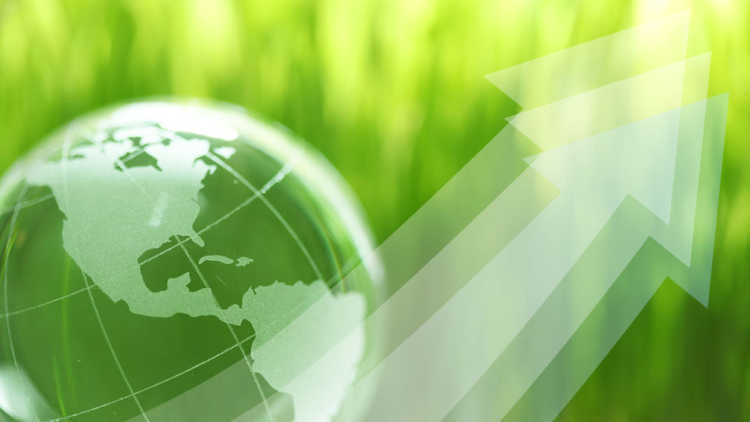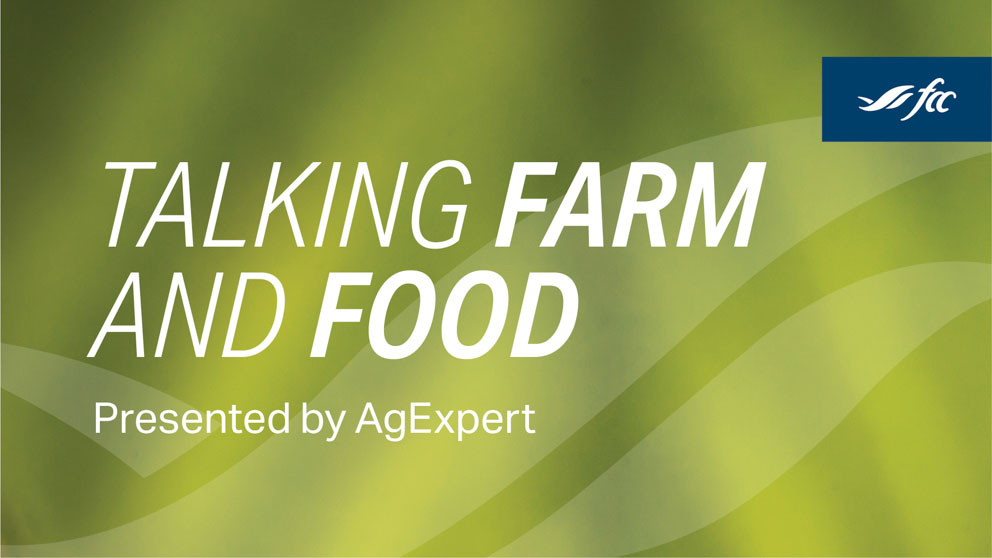Sustainability for the planet and for profitability

It’s easy for Alanna Koch to list the ways her farm merges sustainable practices with good business: “We recycle everything, changed over to LED lighting, weed scout, use soil tests, are very focused on using pesticides only when absolutely necessary, use GPS and auto-steer which reduces overlap, and always follow the 4Rs principle for fertilizer application: right source, right rate, right time and right place.”
Koch, board chair for the Global Institute for Food Security, farms with her husband Gerry Hertz to produce grain, oilseed and pulse crops in Edenwold, Sask.
“Sustainability means we are doing the absolute most with the absolute least impact on the environment,” Koch explains. It’s also good for the balance sheet.
“We’re fortunate in agriculture that it isn’t a trade-off: being more sustainable or being financially viable,” explains Joy Agnew, former vice president of research at Olds College in Alberta. “They can work together, hand in hand.”
The Olds College Smart Farm has taken part in nearly 80 different research projects aimed at advancing agricultural technologies. “Everything we do has some component of environmental sustainability,” she explains.
For farmers, adopting sustainable practices has never been more relevant. Restrictions, pressure to mitigate challenges posed by climate change and consumer demand all play a part.
“We’re in a compressed time frame in order to meet some of the new targets,” Agnew says. “We need to figure out how to accelerate that adoption and ensure that we’re adopting the right things with long-term impact.”
Good business that is good for the environment
Aiming for efficiency: Farmers are familiar with making the most of things. Whether harnessing the newest technologies or conservatively using the best inputs, they’re constantly seeking efficient practices. For Koch, that means keeping a healthy crop rotation and maintaining minimum tillage. "It is efficient for nutrients, means less fertilizer use, the moisture retention is more efficient, and we need fewer inputs,” she explains.
“A huge economic benefit of our sustainable operations is that we can sell our products around the world. We are a trusted source.”
Building consumer confidence: Many consumers want assurance that their food comes from a sustainable environment. Telling that story provides the brand image needed in today's marketplace. “We’ve got to share what we do and why we do it,” Koch says.
Capturing the competitive edge: “I want continued access to the world market,” Koch says. “A huge economic benefit of our sustainable operations is that we can sell our products around the world. We are a trusted source.”
There’s no doubt that Canadian producers are up for the challenge. “Farmers and ranchers are already extremely strong stewards of the land and the environment,” Agnew says. “They have to be; their livelihoods depend on it.”
From an AgriSuccess article by Emily Leeson.

In this episode, producer and agronomist Trent Hilderman shares how involving different ideas and perspectives in decision-making can lead to better farm management.
